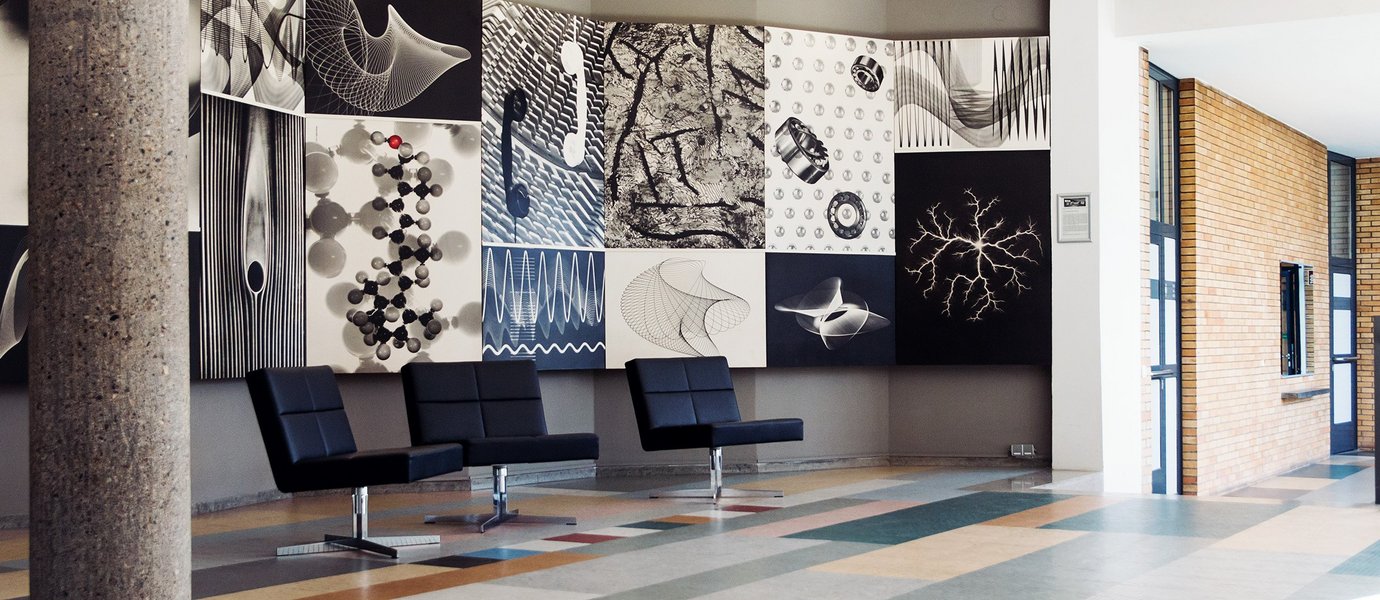Safeguarding Good Academic Practice and dealing with Scientific Misconduct
Good academic practice is understood to mean adherence to recognised rules in scientific work and respect for the work of other scientists. Scientific misconduct is expressed in particular in the following offences:
- arbitrary influence on measurements and observations
- inventing or manipulating measurements and observations,
- arbitrary selection or arbitrary rejection of measurement results,
- the arbitrary, one-sided interpretation of measurements and observations,
- ignoring alternative interpretations;
- lack of respect for the work and intellectual property of others
- passing off other people's findings as your own (plagiarism),
- disregarding co-authorships and contributions to publications,
- naming co-authors without their consent,
- the unauthorised publication of other scientists' work;
- Sabotaging scientific work
- destroying relevant measurement results and framework conditions,
- rendering measurement equipment unusable or manipulating it,
- discrediting or withholding the results of other scientists.
Various scandals in the past have shown that scientific misconduct must be expected wherever scientific work is carried out. Ostfalia University of Applied Sciences - Braunschweig/Wolfenbüttel University of Applied Sciences has therefore issued a guideline (PDF, 174.37 KB) (opens in a new window), (not accessible) that obliges all employees to observe good scientific practice.
In the event of suspected academic misconduct, members of the university can confidentially contact the ombudsperson appointed by the Senate. The ombudsperson examines the situation and, if necessary, initiates proceedings, for which the Research Commission is responsible.
Elected at the constituent Senate meeting on 19 January 2023:
Prof. Dr. Corinna Klapproth
Ombudsperson
Prof. Dr. Ludger Batzdorfer
Deputy
